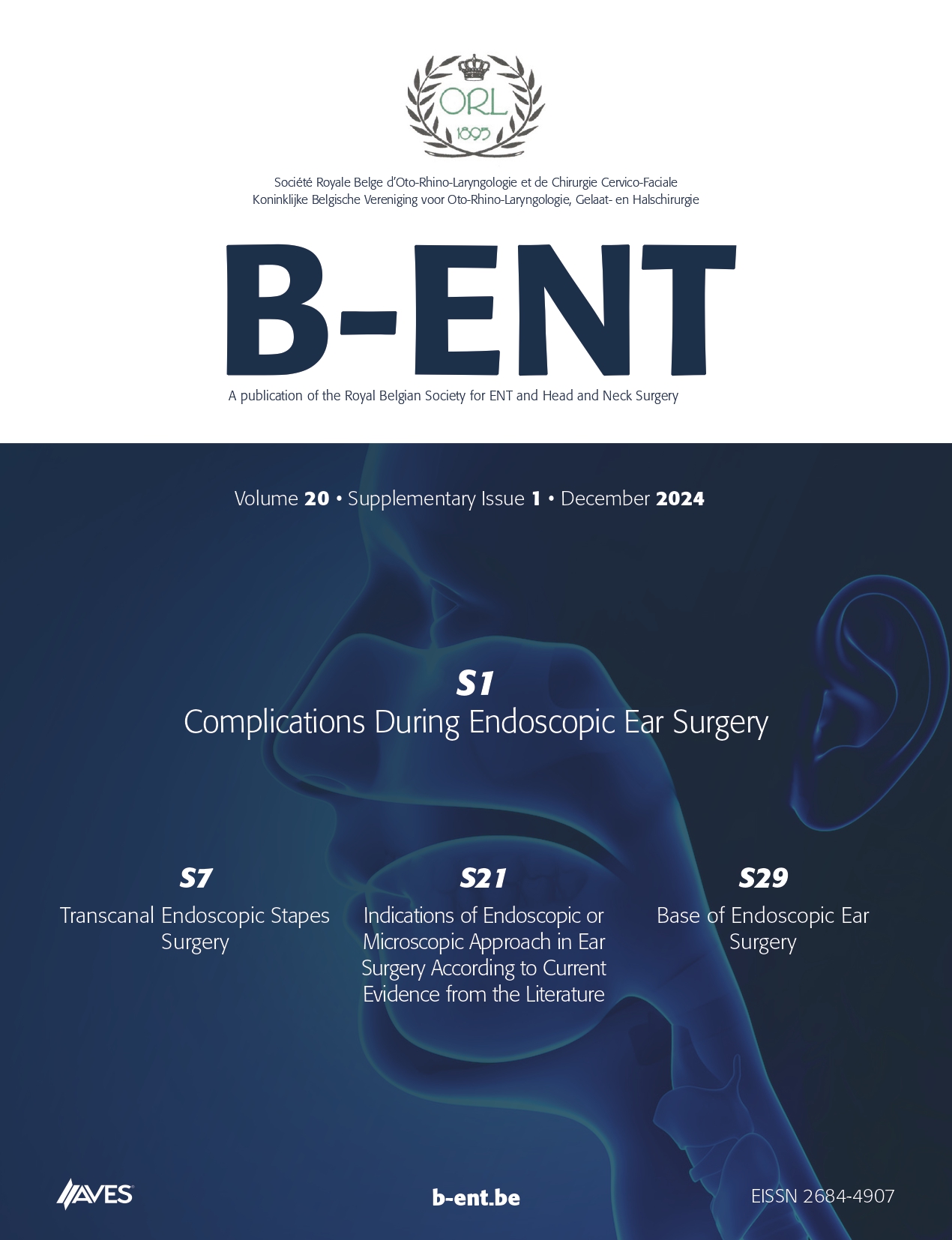Cochleovestibular disorders in intracranial hypotension: clinical presentations and hypotheses on possible mechanisms. Background and purpose: The hearing loss is frequently described, especially in the case of Cerebro-spinal fluid (CSF) leakage which is secondary to a lumbar puncture. However, vestibular symptoms are rarely associated with intracranial Hypotension.
Methods: This descriptive, retrospective, analytical, Monocentric study analyzed the Cochleovestibular disorders (CVD) in patients with IH.
Results: We observed six patients with intracranial hypotension and Cochleovestibular disorders (CVD) mimicking a Meniere’s disease. It means with the classical triad associating, dizziness, hearing loss with a sense of aural fullness and tinnitus.
Conclusions: The “Meniere’s like syndrome” and the evolution after IH treatment suggest that CVD is secondary to the CSF leakage and possibly to the modification of the pressure in the Intralabyrinthine compartments (relative hyperpressure of the Endolymphatic space of the inner ear). CVD could be a simple clinical sign of IH recurrence during the follow-up.



.png)
